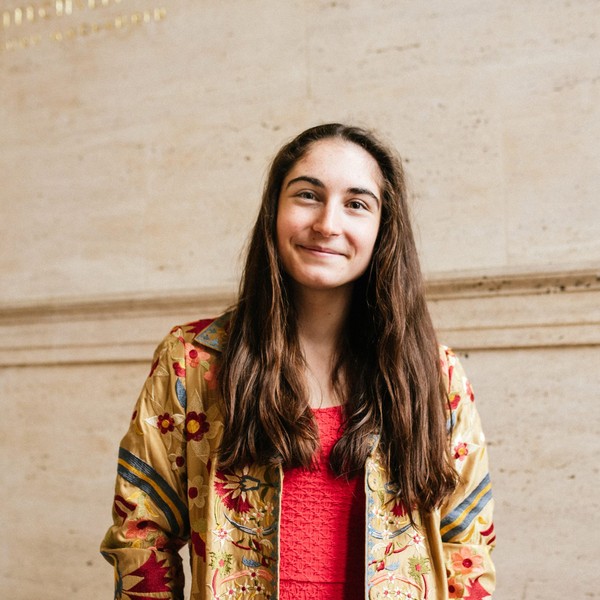
Katie graduated from the Massachusetts Institute of Technology with a Bachelor of Science in Brain and Cognitive Sciences. While at MIT, she was a recipient of the Josephine DeKarman Fellowship. Katie worked in the labs of Professors Rebecca Saxe and Stefano Anzellotti, creating computational models of human facial processing, studying how early level computations could be shared between the emotion and identity judgements. Katie then pursued an MSc in Research in Experimental Psychology at the University of Oxford with the goal of pursuing a career as a professor in Computational Neuroscience on a Marshall Scholarship. She is currently a doctoral student at Dartmouth.
THREE QUESTIONS WITH A MARSHALL SCHOLAR
What drew you to apply for fellowships?
I actually wasn’t originally planning on applying for fellowships — when I got the first email from the fellowships office, I immediately deleted it, thinking foreign fellowships were only an option for students with 5.0 GPAs and letters of recommendation from Nobel Laureates. Luckily, my UROP advisor talked some sense into me, and once I began to explore the options, I found that I was very attracted to the idea of having a year or two to step away from the MIT bubble and refine my research (and personal!) interests before diving into a PhD. I’m eternally grateful that I did! I love my current graduate program, and it’s one I wouldn’t even have applied to back in my senior year of undergrad.
What did you gain from the experience, in addition to the actual award?
I know this sounds like a cliche, but the best part of Marshall was the other scholars. I made lifelong friends who all do crazy cool work in everything from theoretical biophysics to international health law — I will truly never be at a loss for off-the-wall intellectual conversation.
How has your approach to applications changed?
Applying for foreign fellowships taught me how to craft a narrative that convinces others that my work both aligns with their own interests and can help them further their goals in unexpected ways. Going through rounds (and rounds… and rounds…..) of essay revisions with Kim helped me develop an intuition for the specific genre that is academic applications. I just recently won my first grad school grant and really should give Kim a 10% kickback for the voice in the back of my head that told me what edits she would make!


